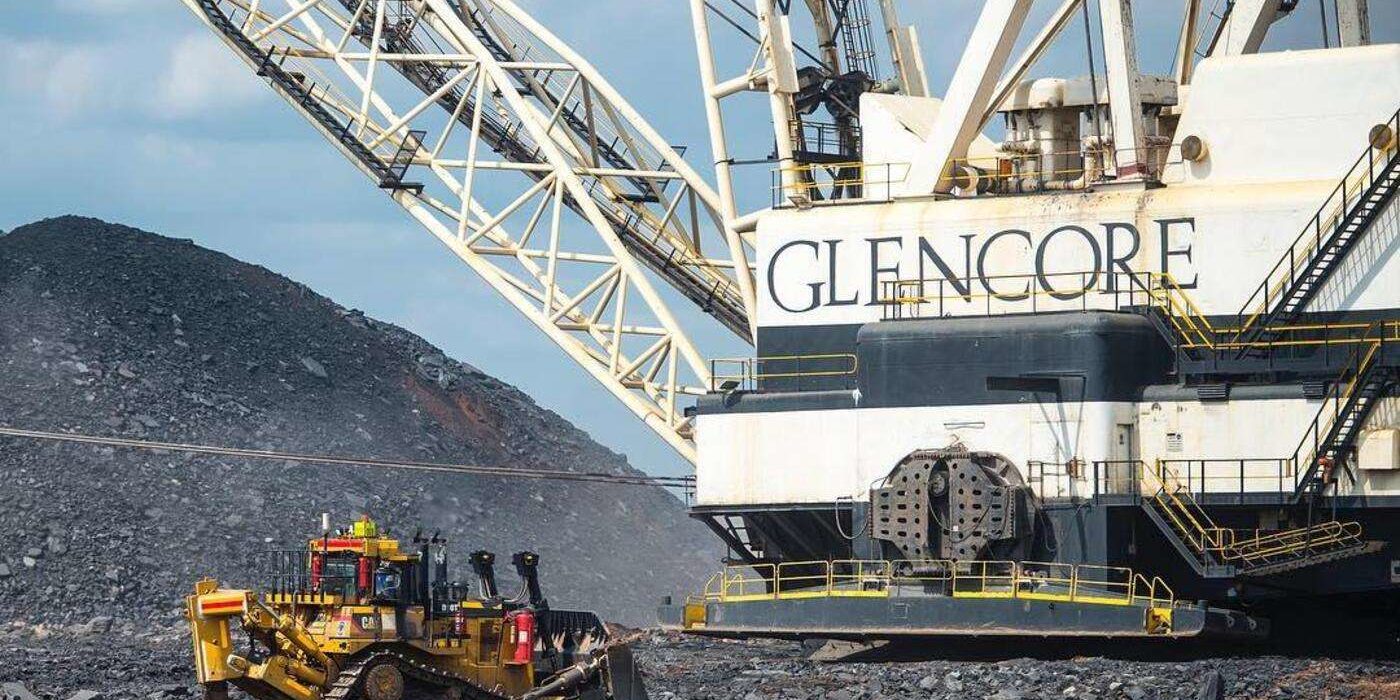Commodity trader Glencore has delivered 40,000 tonnes of Russian aluminium to London Metal Exchange-approved warehouses in the South Korean port of Gwangyang, two sources with knowledge of the matter told Reuters.
A build-up of Russian metal is likely to raise concern in the market that benchmark LME prices will weaken – an outcome some producers are keen to avoid as their contracts reference the benchmark.
Glencore declined to comment. A representative of Russian aluminium producer Rusal told Reuters it had not delivered any of its metal into the LME system.
Rusal has consistently said it would not not sell its metal on the LME.
Neither Rusal (RUAL.MM), nor its metal, which accounts for 6% of global supplies, has been targeted by sanctions against Russia following its invasion of Ukraine.
Some buyers have chosen not to renew their contracts to buy Rusal’s aluminium, but many more buyers and consumers in the transport, packaging and construction industries have.
Glencore (GLEN.L) has a long-term contract with Rusal for the supply of 6.9 million tonnes of aluminium. Of that, around 1.6 million tonnes a year would be delivered between 2021 and 2024.
The sources, who spoke on condition of anonymity, said Glencore had more Russian aluminium that could be delivered to LME warehouses.
Glencore delivered Russian aluminium into LME warehouses in Gwangyang in October, according to sources, who did not detail the quantity.
This time it has sold around 40,000 tonnes on the LME and deposited the aluminium in warehouses in Gwangyang operated by warehousing company ISTIM UK, which also declined to comment.
Metal entering the LME’s global warehouse storage network, made up of more than 500 warehouses in 32 locations, is issued with a warrant by warehouse operators – a title document conferring ownership.
Metal that is stored in LME warehouses but is not on LME warrant is off warrant.
“They (Glencore) are holding a fair amount off warrant in South Korea. There could be more to come,” one of the sources said.
LME data shows 80,950 tonnes of aluminium were stored off warrant in Gwangyang in November.
Last week, before Glencore’s delivery, aluminium stocks were around 380,000 tonnes, a drop of 35% since October, close to the 31-year lows hit last August.
Aluminium prices touched a seven-month high of $2,679.50 a tonne earlier in January, up 18% since the start of 2023 on expectations of rising demand in top consumer China, which this month abandoned its zero-COVID policy.
After an industry consultation, the LME last November decided not to ban Russian metal from being traded and stored in its system because a significant portion of the market still planned to buy the country’s metal in 2023.
In the absence of a ban, the LME said it was likely “additional tonnages of Russian metal” will eventually be delivered into LME-approved warehouses, but that there is no evidence that this would create disorder.






